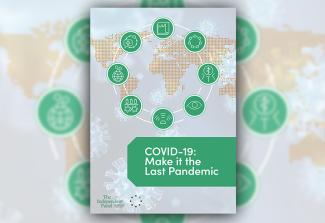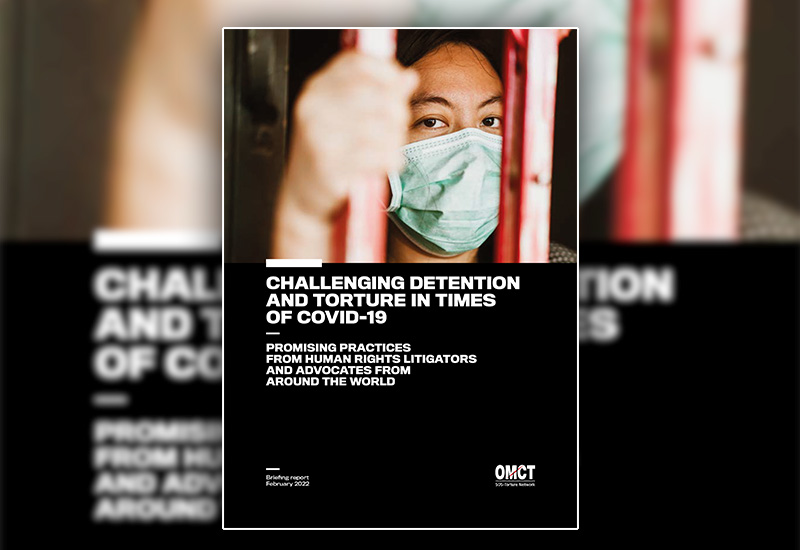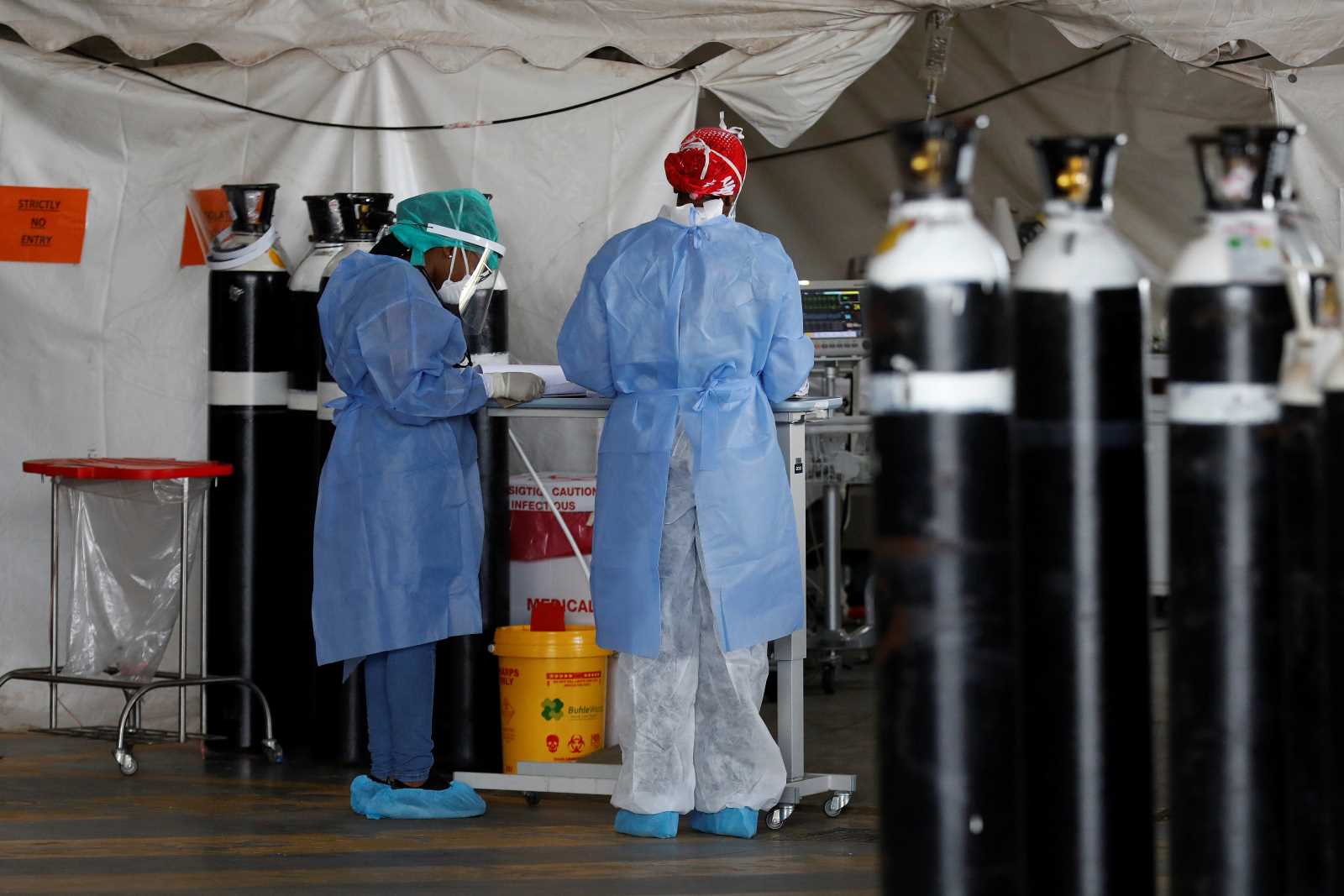Multilateral cooperation
Why February 2020 became the month of lost opportunities

COVAX, the international initiative to ensure vaccine supply in disadvantaged nations, had received 70 million doses at the end of May according to the WHO. That was enough for only 0.5 % of the people living in the countries concerned.
Several proposals made by the Independent Panel for Pandemic Preparedness and Response could improve matters. They include:
- High-income countries should commit to increasing the vaccine-doses they provide to COVAX. The goal should be 1 billion additional doses by 1 September 2021 and more than 2 billion doses by mid-2022.
- In line with their ability to pay, G7 countries should cover at least 60 % of the $ 19 billion needed for international efforts to ensure the availability of vaccines, diagnostics, therapeutics and better health care in general.
- An international agreement on voluntary licensing and technology transfer regarding Covid-19 vaccines should be concluded.
If action is not taken accordingly by the end of July, the Independent Panel wants the World Trade Organization (WTO) to waive intellectual property rights. The Panel was set up last year to assess what went wrong in the pandemic and spelled out these and other demands in a recent report.
According to the Panel, some of the worst implications of Covid-19 by the end of April were:
- 3 million dead, including 17,000 health workers,
- lost economic output worth $ 10 trillion by the end of 2021 and
- 115 to 125 million more people living in extreme poverty.
Things did not have to turn out this bad, but both national and multilateral institutions were fast overburdened, as the authors write. In spite of recent experience with SARS or Ebola, pandemic preparedness was inadequate. A particularly consequential failure was that national governments did not react immediately when the WHO declared a Public Health Emergency of International Concern (PHEIC) at the end of January 2020.
A PHEIC is “the loudest alarm” the WHO can sound. Nonetheless, “most countries did not seem to get that message”, according to the Panel. Only a minority set in motion coordinated protection measures. Most governments neither sufficiently understood the threat nor knew what action to take. Most adopted a “wait and see approach”, so February 2020 became “a month of lost opportunity”, the Panel argues. It was co-chaired by Helen Clark, the former Prime Minister of New Zealand, and Ellen Johnson Sirleaf, the former president of Liberia.
As coronavirus spread internationally, national health systems came under enormous stress, and lockdowns severely affected economies. According to the Panel, prudent government action proved more important than a country’s prosperity: “The countries with the poorest results in addressing Covid-19 had uncoordinated approaches that devalued science, denied the potential impact of the pandemic, delayed comprehensive action, and allow distrust to undermine efforts.” Problems were compounded by long-standing issues of fragmentation, underfunding and poorly paid staff. Far too many countries, moreover, did not even have plans for handling a deadly epidemic.
On the upside, the Panel appreciates that research and development set in fast and that vaccines became available within only a few months. Moreover, the multilateral system managed to establish new bodies such as COVAX. The authors regret, however, that not all of them are operating well. In particular, the Covid-19 Technology Access Pool (C-TAP) did not receive any contributions. It was set up for the voluntary sharing of knowledge, intellectual property and data. Voluntary pooling of this kind has proved valuable in the fight against HIV/AIDS, Hepatitis C and Tuberculosis (TB).
According to the Independent Panel, the international system must be redesigned in order to become better prepared for future pandemics. Proposals include:
- stronger leadership and better coordination at national, regional and international levels,
- investments before the next crisis hits,
- a better surveillance and alert system,
- a pre-negotiated platform able to produce vaccines, diagnostics, therapeutics and supplies and
- adequate funding.
In particular, the Panel is in favour of establishing a global health-threats council and concluding a pandemic framework convention.
Link
The Independent Panel for Pandemic Preparedness & Response, 2021: Covid-19: Make it the Last Pandemic (available in English, Arabic, Chinese, French, Russian and Spanish).
https://theindependentpanel.org/mainreport/
Hans Dembowski is editor in chief of D+C Development and Cooperation / E+Z Entwicklung und Zusammenarbeit.
euz.editor@dandc.eu












